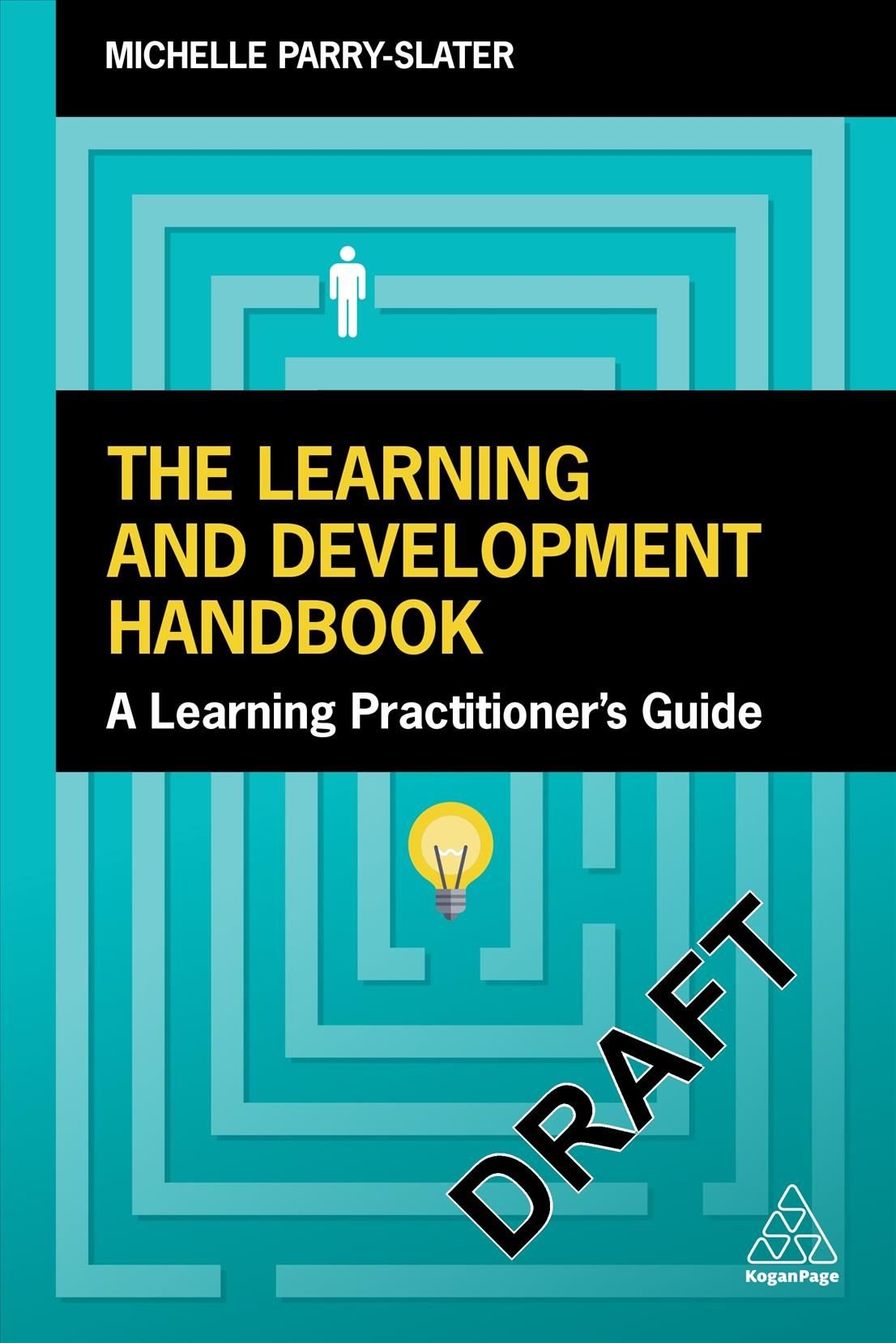Illustrating new resistance strategies and mobilisations, this volume examines how EU citizens and refugee populations in Germany have opposed asylum policies and coped with hostile migration regimes. Taking as her starting point occupations of a Berlin square in 2012, the author weaves an auto-ethnographic account of her own involvement in solidarity and refugee resistance groups with archival examinations of various strategies. The book analyzes how activism is sustained in multiple ways: media solidarity groups challenge mainstream depictions; radio shows attempt to decolonize the media and resist the category of ‘refugee’; a group of women comprised of migrants and asylum-seekers publish their accounts; solidarity groups help migrants to find temporary housing; campaigns align with existing groups or engage with political conversations more broadly to challenge populism, racism, and anti-migrant sentiment. As she bridges practical solidarity, media activism, and other strategies, Fazila Bhimji builds a framework to show how these tactics interrelate, interrogating specifically if the fragmentation of strategies limits anti-racist struggles, or whether providing manifold outlets for a collective struggle helps to build solidarity.












